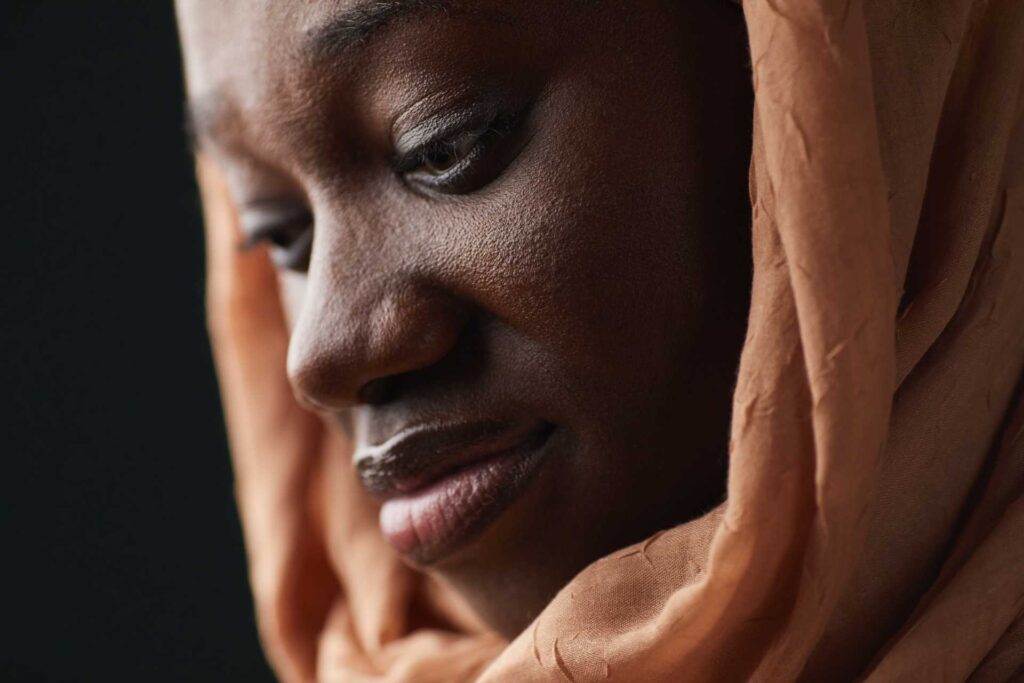by Carl McRoy
*Adapted from Black from the Past, a resource from Message magazine

A human souvenir
Hagar was an African slave—Sarai’s human souvenir from her sojourn in Egypt with Abram (Gen. 16:1). Her absence of bodily autonomy was on full display when Sarai ordered her to be a surrogate mother. Sarai disregarded Hagar’s personhood and used her as an external womb. Since there was no artificial insemination or IVF back then, Hagar got impregnated the old-fashioned way with 85-year-old Abram. Eighty-five! Probably not how she imagined giving herself away (Gen. 16:2).
This was Sarai and Abram’s plan B to “help” God fulfill his promise to bless them with a child. God said the offspring must come from Abram’s “bowels,” as the King James Version puts it (Gen. 15:2–4). Since God didn’t specify that the son must come through Sarai’s “bowels,” they thought they had discovered a loophole.
Status friction
We can’t know how Hagar felt when the sexually exploitive proposition was first thrust upon her. We can infer that after becoming pregnant, she sensed her fortune was changing. She was giving Abram something his wife couldn’t—a child.
Hagar no longer saw herself as an ordinary servant-girl. She was now Abram’s younger, fruitful wife, and taunted Sarai about it (Gen. 16:3, 4). We might judge her spitefulness as unwise, given the power dynamics. Yet, how many of us would pass up using our newfound leverage to pay back our oppressor?
Sarai’s idea of using another woman’s womb to uplift her own status was backfiring, so she strove to put her slave in her place (Gen. 16:5, 6). Abram and Sarai created a combustible situation, and Hagar sprayed gasoline on it. When the heat intensified, however, Hagar ran away.
God hears
Homeless and pregnant, Hagar had a God-encounter like nobody we’ve seen yet in the Bible. She was visited by the angel of the Lord, which would be amazing enough. However, the Old Testament often uses “angel of the Lord” to refer to the Lord Himself, as seen with Abraham later in Gen. 22:11–16.
God first tells Hagar something she doesn’t want to hear—“Go back and submit to Sarai.” However, He sends her back with a promise similar to what He vowed to Abram. God would multiply her offspring so mightily that no one could number them.
The angel of the Lord also announced what her son’s name would be—Ishmael, meaning “God hears,” or “God will hear.” This is the very first time the Bible depicts God naming a child before its birth. Whenever Hagar called Ishmael’s name she was reminded how God heard her cry and answered when nobody else seemed to care (Gen. 16:7–12).
God sees
Overflowing with gratitude, Hagar had the audacity and the distinction to be the first person in the Bible to give God a name, El Roi—”The God who sees me!” Not only that, but she exclaims that she had seen Him who sees her (Gen. 16:13, NKJV)! A visible visit with God! Hagar experienced the truth expressed by Karen Gonzalez (author of The God Who Sees): “God is present with anyone who is treated as a human resource instead of a human being.”
